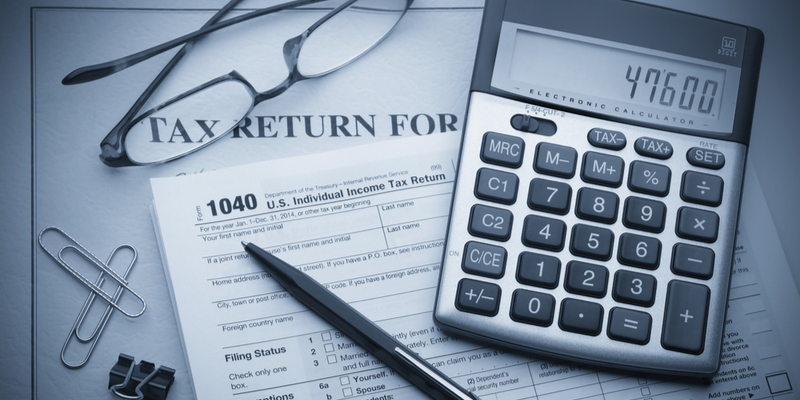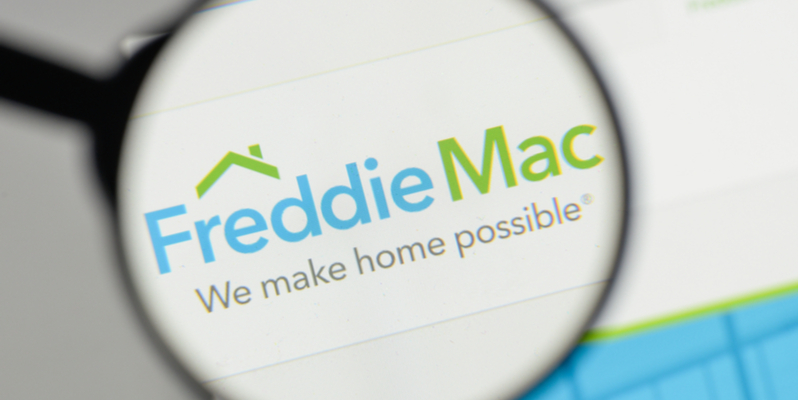
Taking a different route to the traditional payday isn’t easy, but it can be incredibly rewarding. If you’re ready to take on the role of landlord or want to start flipping the fixer-uppers in your city, here are the top things to consider when buying an investment property.
Steady Income
Investment property income isn’t the same as your usual bi-weekly paycheck. In fact, if you can’t manage to flip your property or sign tenants in a reasonable time frame, you could end up going weeks or even months without any cash flow. If you steadily rely on hourly or salaried wages, consider whether you can afford to take time away from those obligations and dedicate time to your investment.
Property Location
If you want to manage your own property, consider starting off with an investment property that isn’t too far from where you live. Also, if you have a particular type of tenant in mind, make sure that the area in which you intend to purchase has amenities or attributes from which the renters can benefit. For example, if you want to rent to a responsible, small family with stable income, search for properties with nearby schools in safe, clean neighborhoods.
Unexpected Expenses
Even if your property passed a pre-purchase inspection with flying colors, you may still run into some home hiccups once the keys are in your hands. For example, your fixer-upper can easily turn out to be a bigger project than you thought, or one of your larger appliances might give out on the newly signed tenants. Since these things can arise without warning, you need to have a savings cushion to help you weather such unexpected events.
Insurance Coverage
When shopping around for an insurance policy, consider whether you can afford to pay a little bit more each month for better coverage versus a low premium policy in which you will have to pay a larger sum in the event of an accident. Also, remember that when you’re purchasing a piece of property in an area prone to natural disaster damage, you might be facing higher insurance premiums for essential coverage. However, you should still shop around to find the best available rate for your financial situation and property plans.
Your Goals
Are you looking to turn an investment property into a full-time job? Are you looking for a stable source of additional long-term income? Whatever reason you decide to start investing in property, make sure to consider whether it is possible to satisfy your overall goals before making the purchase. For example, if you’re a risk-averse, first-time buyer, don’t start shopping for a home without understanding how it can fit into your one-, three-, or even five-year plan.
Mortgage Options
One of the most important things to consider when buying an investment property is how you plan to finance your purchase. Fortunately, you can find the right mortgage solution by teaming up with the professionals at Butler Mortgage who have been helping people finance primary homes, second homes, and investment properties for over 25 years. Our expert team will guide you through financing options to help you purchase your first investment property. Contact us online for a free consultation or call 407-931-3800.












